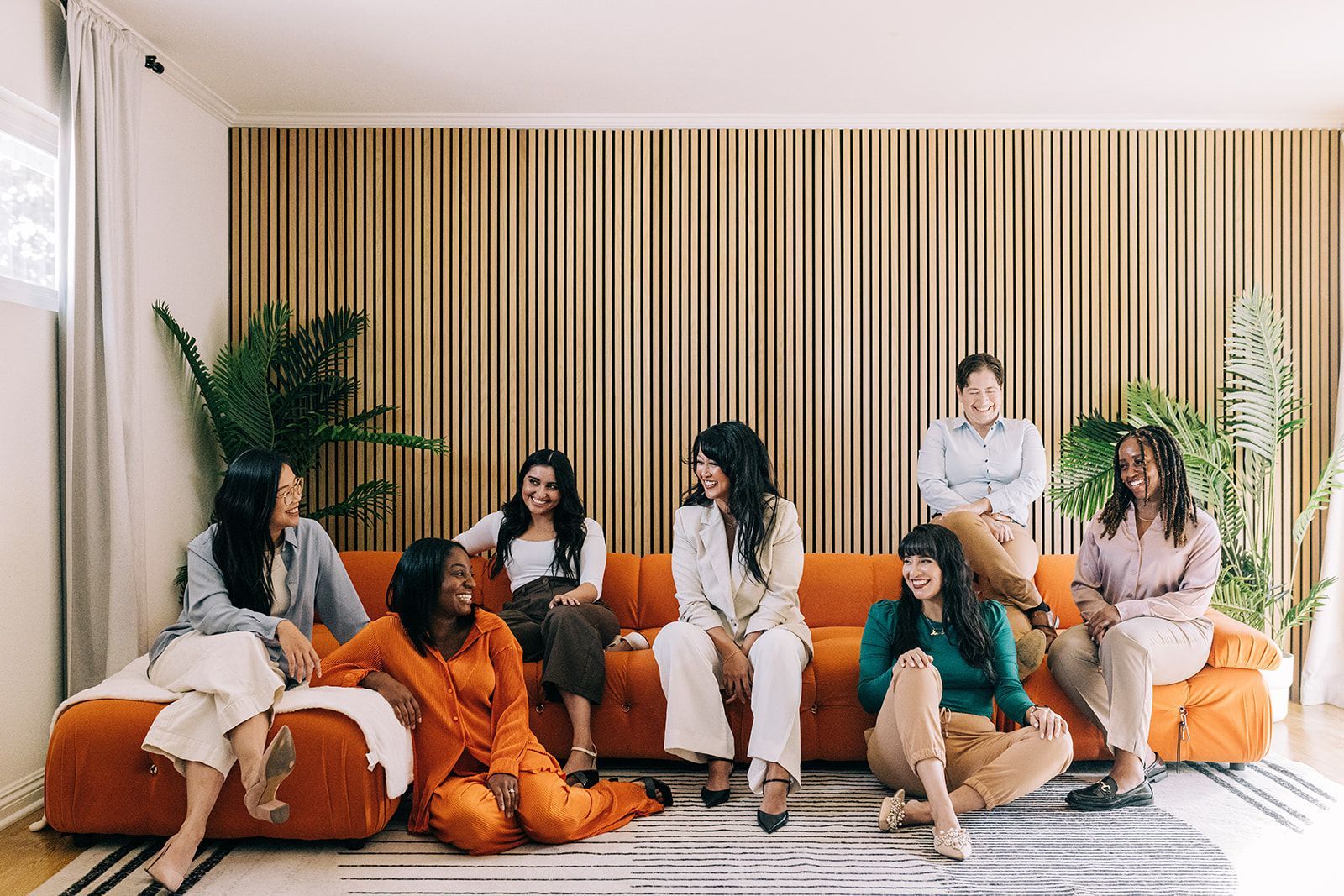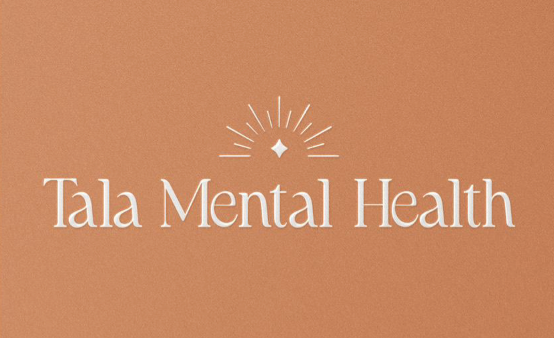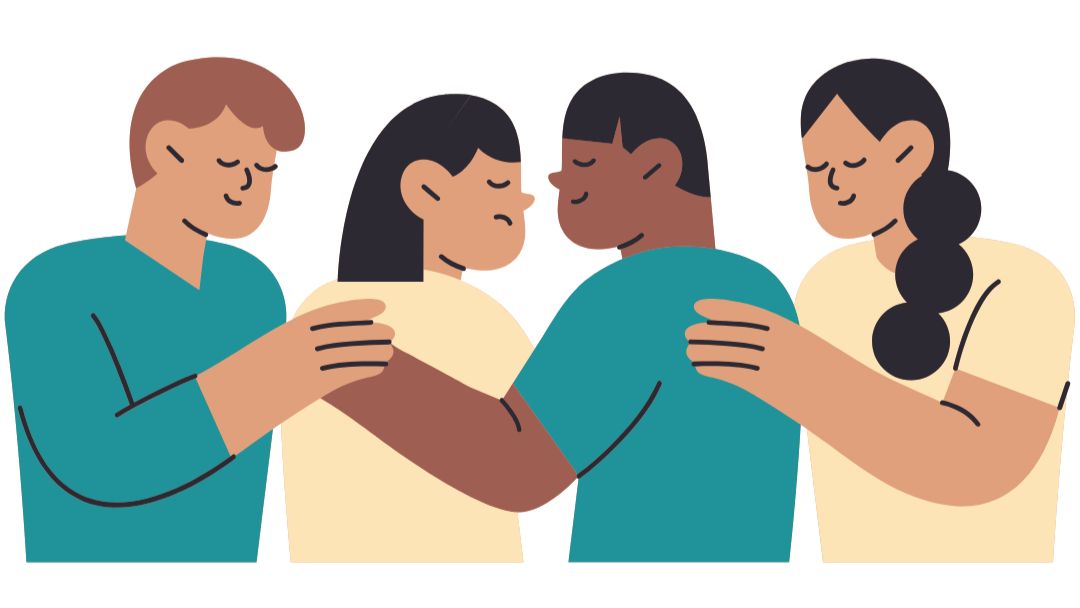Closing the Year with Contentment
At the beginning of this year, we released an article describing our
Big Three:
“To help guide your goal-setting for 2023, consider identifying your
‘Big Three’ or 3 values you’d like to center and strengthen this year. Once you’ve chosen your Big Three, be intentional about spending time, energy, and resources towards fostering it.”
As the year comes to a close, we might feel tempted to assess our progress around these values/goals. We might consider how well we did in fostering them, where we could’ve been better, and so on…
While holding ourselves accountable is important, it’s also important to note that often, our progress or success is compared to an ideal,
“best of the best” scenario. Often, it feels like there is always something more or better to achieve.
Instead of seeking
“more,” “better” from our year, we invite you to reflect on how you might measure
“enough-ness” by asking yourself:
How do I measure and therefore, know that I am content?
How can I practice allowing what is vs. constantly pursuing what can still be?
What does living in acceptance and peace feel like?
How can I balance contentment and striving for improvement without the complacency nor pressure?
What parts of me am I appreciative of for the way I lived this year?
Written by: Elaine Raif
Enjoyed this message?
feel free to share it by clicking below



